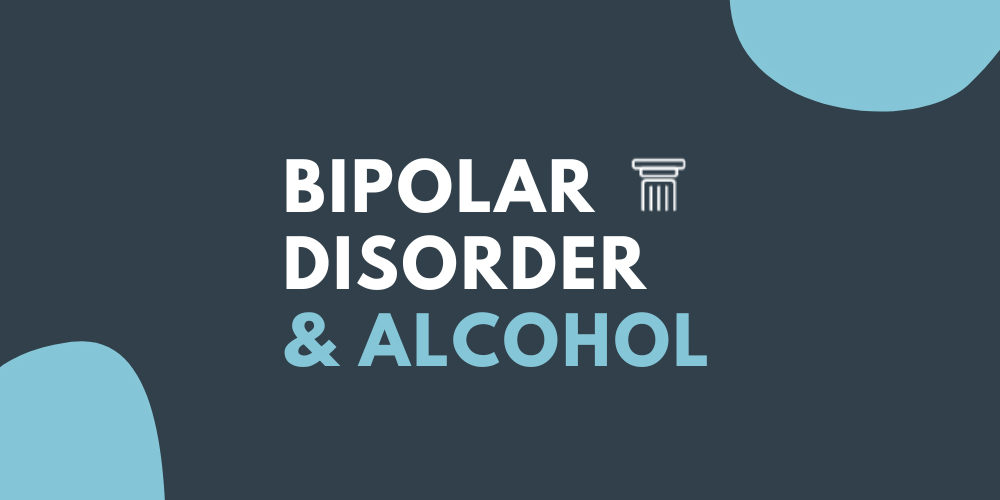Mental and behavioral health problems can affect anyone, regardless of their background or beliefs. Illnesses like bipolar and alcohol use disorder frequently co-occur – a phenomenon called a dual diagnosis. Interactions between these two conditions can significantly worsen the course of both. Though a dual diagnosis can complicate your condition and make it more challenging to develop a successful treatment plan, recovery is possible.
What Is Bipolar Disorder?
Bipolar disorder, formerly known as manic depression, causes dramatic mood swings. When depression strikes, you may feel hopeless, empty and lethargic, possibly with suicidal thoughts. During manic episodes, you are unusually energetic, impulsive, enthusiastic and self-confident. These extreme lows and highs can play havoc with your energy levels, judgment, appetite, sleep quality and decision-making skills.
Manic and depressive episodes can include psychotic symptoms, including delusions and hallucinations. Some people also experience mixed episodes, which concurrently have characteristics of mania and depression.
Depending on your symptoms and their severity, a mental health professional may diagnose you with bipolar I, bipolar II or cyclothymia. All three of these types lead to drastic, erratic changes in your overall mood and behavior. While there is no cure for bipolar disorder, a long-term treatment plan can help you regulate your emotions and improve your quality of life.
The Link Between Bipolar and Alcohol Addiction
If you’re struggling to cope with the dramatic mood swings of bipolar disorder, drinking might seem like a welcome escape. However, the damage prolonged alcohol abuse can do to your physical and mental health isn’t worth the short-lived relief drinking might provide.
A growing alcohol dependence will impact your relationships and your ability to carry out your daily responsibilities, while adding to your existing burden of guilt and shame. The resulting stress can cause problems like insomnia, high blood pressure and unexplained body aches. Also, an increasingly out-of-control addiction might make you do things you never thought you would, such as lying to loved ones or going into debt.
Treating Bipolar and Alcohol Use Disorder
Unfortunately, many people with bipolar disorder fail to seek help because they do not notice how disruptive their emotional instability is. Others look forward to the euphoria and creativity associated with manic episodes. However, the subsequent crash of depression can leave you feeling drained and exhausted, and adding alcohol to the mix will make matters significantly worse.
The most effective way to recover from co-occurring bipolar and alcohol misuse is with an approach called dual-diagnosis treatment, which addresses both conditions simultaneously. Ultimately, only addressing half your dual diagnosis will have unsuccessful outcomes and can lead to a relapse. You need an integrated, personalized plan that identifies the root causes of both illnesses and allows you to begin healing.
Orange County Dual-Diagnosis Treatment Center
Co-occurring bipolar and alcohol addiction requires comprehensive care. At Pillars Recovery, we provide individualized treatment for mental health and substance use disorders.
Our beautiful Laguna Beach and Newport Beach facilities provide several paths to start your recovery journey, including:
If you’re ready to learn more about how our experienced professionals can help you overcome your mental and behavioral health challenges, contact us to talk to a member of our admissions team.







